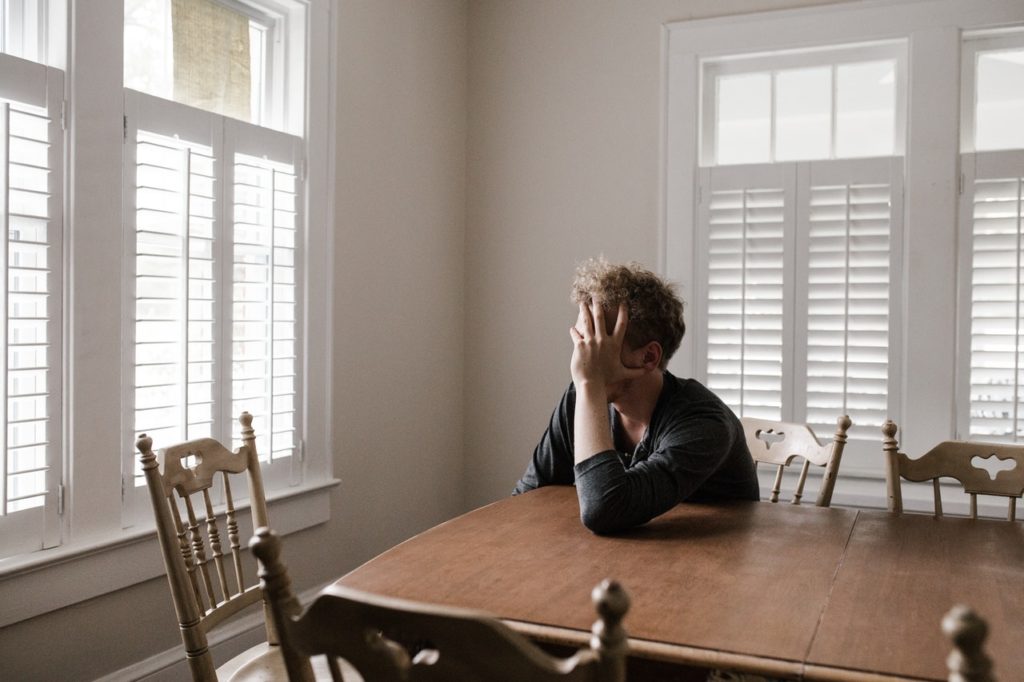Pornography Addiction: What Is It and How Can You Deal with It?
By: Jessica Taylor, LPC
Due to conflicting research, there is a debate going on among professionals regarding whether overuse of pornography should be classified as an addiction. But what we do know is that the overuse of pornography can be defined as not being able to stop watching porn, even if you want to. In addition, watching pornography becomes problematic when it interferes with one or more areas of your daily life (i.e., work, relationships, etc.) Furthermore, research shows that there is a direct link between overuse of pornography and relationship dissatisfaction. The main reason for this is likely due to pornography being extremely accessible. For a lot of people, it is an easy way to feel good for at least a few moments; it doesn’t take as much effort as relationships take, which means that then these relationships tend to be neglected in ways that can cause long-term damage. If you worry that you might be addicted to pornography, keep reading to learn the signs of pornography overuse, as well as what you can do about it.
Signs That Your Use of Pornography Might Be a Problem
- You are viewing pornography during work and/or social situations.
- Your use of pornography causes negative feelings such as shame or guilt.
- You are keeping your pornography use a secret from your partner.
- You feel unable to quit using pornography despite the negative impacts it is having on your life.
- You are less successful at work and in relationships due to spending too much time looking at pornography.
- You think (or obsess) about looking at pornography when you are doing other things throughout the day.
- You become defensive or angry when it is suggested that you cut-back or quit looking at pornography.
- You are experiencing less sexual satisfaction when porn is not involved.
- You often lose track of time when looking at porn.
- You feel less interested in engaging in activities and/or social situations that you once enjoyed.
- You are so consumed with pornography use that you neglect self-care.
What You Can Do If You Feel Your Pornography Use is a Problem
- Accept that this is a problem just as serious as any other addiction.
- It can be easy to minimize the impacts of an addiction to behaviors such as pornography use since they likely won’t result in physical harm or death like drugs or alcohol can. But if you relate to one or more of the signs listed above, it is probably time to consider taking action steps to at least reduce your use of pornography so that you can live a happier and more fulfilling life. In order to do that, you need to accept that this is a real problem that needs to be addressed directly.
- Be honest with your partner.
- One of the most prevalent signs of an addiction is secrecy. When dealing with addiction, people will often try to hide their use of substances or behaviors because they know that if they tell the people closest to them what is going on, they will be challenged and held accountable. If you are serious about getting your pornography use under control, then you need to fill your partner in on everything so that they are able to help you through this process.
- Find replacement hobbies and activities.
-
- Simply put, you need to find other things to fill your time. If you have less free time, you are going to look at less pornography. In addition, engaging in activities and/or social interactions that you enjoy, will help increase your self-esteem. Don’t overwhelm yourself–just try to implement one new hobby or activity at a time.
- Seek out professional help.
-
- If you want to find professional help, but don’t know where to start, try looking for a therapist near you on Psychology Today, or call the Substance Abuse and Mental Health Services Administration (SAMSA)Treatment Referral Helpline at 800-662-HELP (800-662-4357).
- Once you find a therapist to work with, they will help you clearly define your goal, and will also likely teach you helpful skills and strategies using an evidenced based treatment modality such as Cognitive-Behavioral Therapy (CBT) or Acceptance and Commitment Therapy (ACT.) Your therapist will also help you determine whether medications would be beneficial.
Sources:
https://www.webmd.com/sex/porn-addiction-possible
https://www.verywellmind.com/breaking-pornography-addictions-1270612

